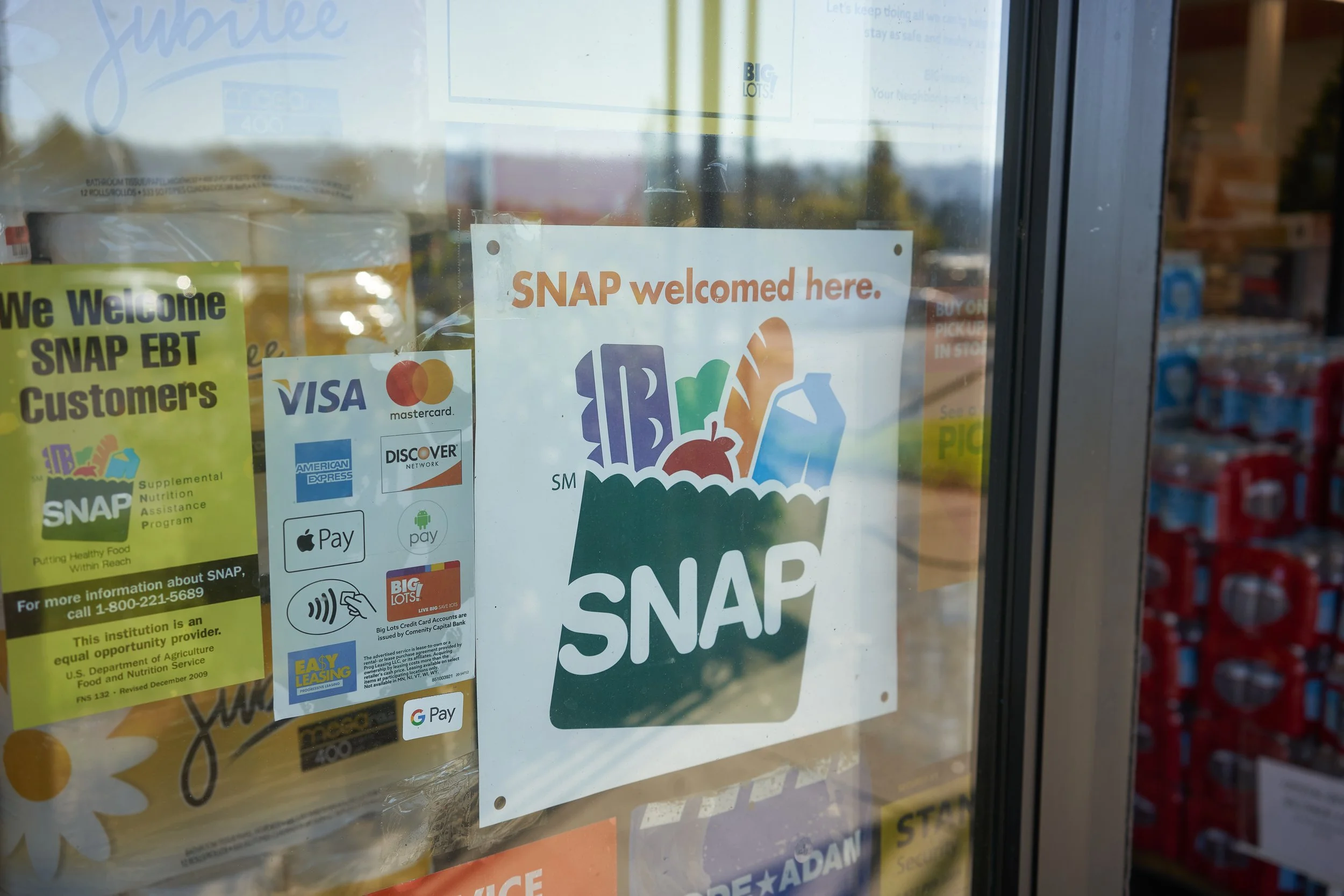H.R. 1 Member Communications Considerations: Implementing SNAP and Medicaid Work Requirements
Enacted in July 2025, H.R.1, also referred to as the One Big Beautiful Bill Act (OBBBA), introduced the first federal, mandatory work requirements in Medicaid history. The Supplemental Nutrition Assistance Program (SNAP), which has had a work requirement eligibility component since 1971, is also experiencing new, more stringent requirements for able bodied adults without dependents (ABAWD) resulting from H.R.1. Although meeting SNAP work requirements serves as an exemption from Medicaid work requirements, changes in both programs may make it harder for individuals to maintain ongoing supports and will increase states’ data matching and verification responsibilities.
- New Age Limits: H.R. 1 raised the age limit for SNAP work requirements from 54 to 64. All ABAWDs ages 18–64 will need to work at least 80 hours per month to receive SNAP benefits.
- Populations No Longer Exempt from Work Requirements: H.R. 1 removes exemptions for specific populations, including veterans, individuals experiencing homelessness, individuals who were in foster care on their 18th birthday and are younger than 25, and individuals who reside in a SNAP household with a child under 18 will no longer be exempt from SNAP work requirements.
- New Exempt Populations: Tribal members and individuals who care for a dependent under the age of 14 will be newly exempt.
In addition to work requirements, H.R. 1 cut $1 trillion from Medicaid and $187 billion from SNAP over a ten-year period – the steepest cuts in either program’s history. A complete list of H.R.1 provisions related to SNAP can be found here. For further information on Medicaid work requirements eligibility, visit Aurrera Health’s overview and key implementation considerations.
Considerations for states to streamline communications about work requirements across programs
Targeted stakeholder listening sessions can inform overall outreach strategy.
Coordinating member outreach and education across programs can help minimize administrative disenrollments. Listening sessions with Medicaid members, SNAP recipients, eligibility workers, counties, and community-based organizations can help to inform member communications and outreach strategies. States should also consider engaging their newly formed Beneficiary Advisory Councils (BACs) on work requirement implementation.
Integrated member communications will reinforce eligibility changes.
Designing member communications that reference work requirements across programs will reinforce their importance and serve as an additional reminder for members (e.g., including a call-out about SNAP and/or Medicaid work requirements on a state-subsidized utility bill). Additionally, agencies and managed care organizations could include information about work requirements across programs in their regularly scheduled communications. Managed care organizations are well-positioned to help educate and inform their members, and educating health care and behavioral health providers who have direct member contact can increase understanding.
Partnerships with community-based organizations will foster and deepen trust.
Working alongside advocates and community-based organizations to conduct outreach on SNAP and Medicaid eligibility changes will help strengthen member understanding. Having well-known community-based organizations educate members on work requirements will build trust between state agencies and the community. These partnerships can include faith based-organizations, caregiver advocacy organizations, schools, unions, and food banks.
Interagency coordination remains critical.
While effective communication is key to driving member action, strong interagency coordination, particularly around data, is essential to reducing administrative burden. The degree of policy, program, and eligibility systems integration across states varies widely. Regardless of structure, data verification systems will need enhancements to align with new SNAP and Medicaid eligibility requirements. States have opportunities to streamline IT and data infrastructure, lowering implementation costs and improving system efficiency. For states without integrated systems, developing mechanisms to share existing data and minimize duplicate member reporting will be equally important. Enhanced alignment can also support Medicaid agencies in verifying exemptions ex parte when members participate in SNAP, thereby reducing paperwork, administrative workload, and potential churn.
Note: USDA issued a memo on October 24 stating that there will insufficient funds to pay November 2025 SNAP benefits due to the ongoing government shutdown.
Need support coordinating your efforts?
Through stakeholder engagement, resource development, and targeted communications strategy, Aurrera Health remains committed to advancing access to health care. States and other stakeholders interested in tailored support related to implementation of federally mandated work requirements are encouraged to contact Lauren Block for more information.
Authors
Emma Boucher contributed to this article during her tenure at Aurrera Health Group.


![Kristin Mendoza-Nguyen [Director]](https://images.squarespace-cdn.com/content/v1/66902b12f1fed363b0b53399/1749580174928-LW6S556JMK0HJYFO00GA/Kristin+Mendoza.jpg)
![Catherine Gekas-Steeby [Deputy Director]](https://images.squarespace-cdn.com/content/v1/66902b12f1fed363b0b53399/1752703964748-B8WBKZ44XCQB7LWIPQ06/Catherine+Geekas+Steeby.jpg)
![Lauren Block [Vice President]](https://images.squarespace-cdn.com/content/v1/66902b12f1fed363b0b53399/1749580205357-Q01LMCFBVYS7YVDD7KIO/Lauren+Block.jpg)